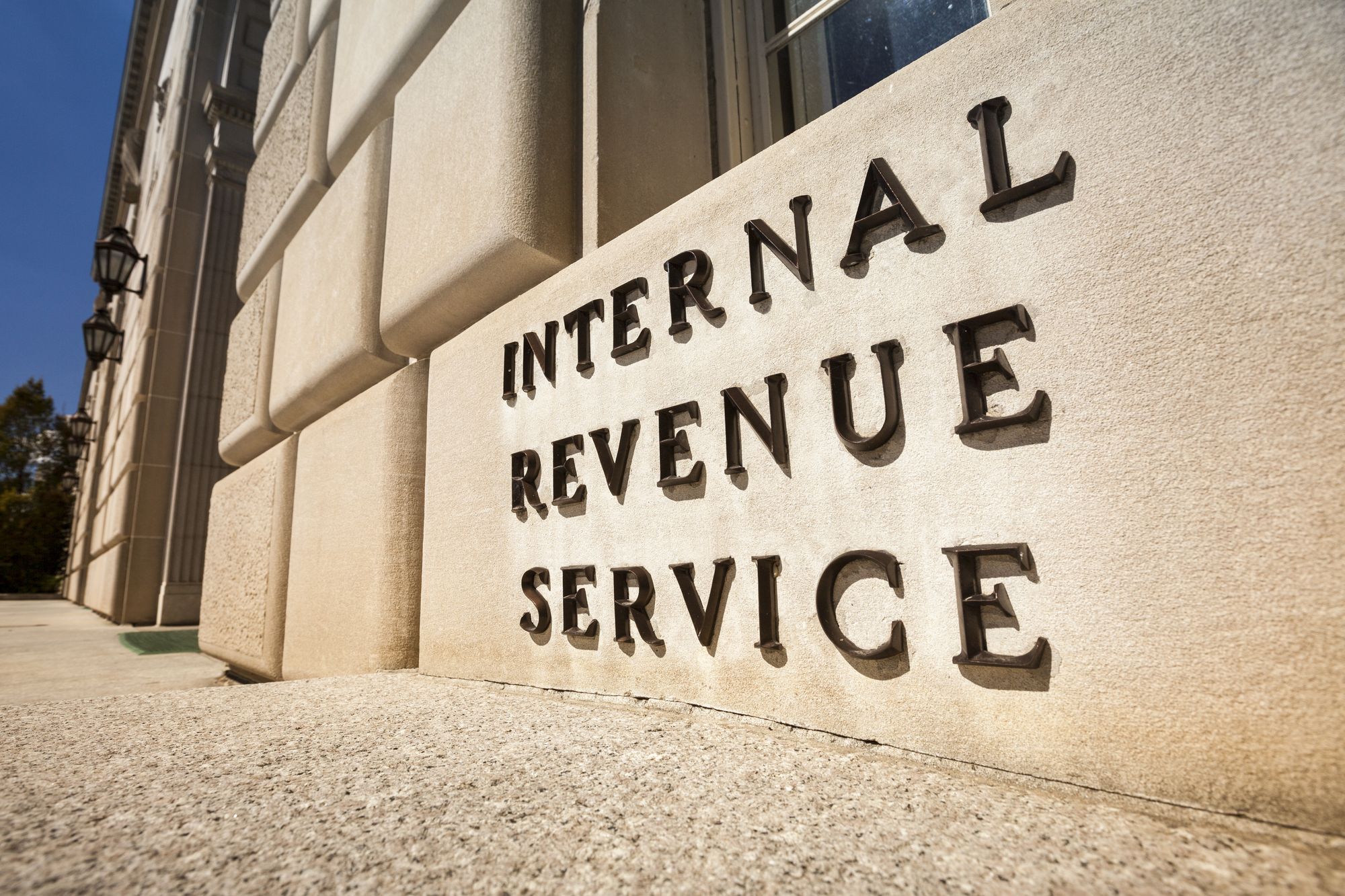
Tax audits are like x-ray vision for business owners, but only those who know where to look.
October 2, 2019 5 min read
Opinions expressed by Entrepreneur contributors are their own.
Trying to understand the Internal Revenue Service (IRS) can sometimes feel like ancient sailors navigating the ocean without anything but your eyes and the sky to guide you.
Those sailors managed by mapping the stars. But how are business owners forced to deal with the IRS supposed to do the same?
While no one ever wants to have their tax returns audited, it turns out there are times when the experience isn’t all that scary. What’s more, an audit can be useful, an accountant’s own version of the north star. Here’s how:
Replicate results
Scientists don’t like to call a result valid until they can replicate it. And while that’s harder with the IRS than it is under a microscope, audits can help to verify when there’s a as-yet-unannounced policy change.
I remember a year when two different clients, on opposite ends of the country, both got asked the same questions about the same things. That was an immediate signal to me that the policy had changed and would likely stay that way for some time.
Related: 5 Ways That Billionaire Warren Buffett Pays a Lower Tax Rate Than His Secretary
In that case, it came down to business expenses. One client was claiming over $200,000 in travel expenses, while another was being questioned about the legitimacy of their farming business because they didn’t have a business plan.
In both cases I spotted a clear trend: the IRS was looking for paperwork to back up business expense claims. In one case it was related to travel, in another to cows and pigs, but both clients were being hit because of a lack of initial paperwork.
Learn from others who have had their taxes audited
I’m part of a chatroom with several other tax professionals across the country. When one of our clients gets audited, we share our experiences, find common themes, and learn what the IRS is up to from one another.
If you’ve been audited, share your experience. If you know someone who has, buy them a drink and ask them for every single detail of how it went. Your advisor should be the one gathering intel, but if you hear something they don’t know it couldn’t hurt to pass it on.
Related: 9 Airbnb Rental Tax Deductions You Can Take for Your Vacation Trips
The IRS isn’t going to hand you a list of things that might trigger a request for more money. But by asking around and taking in information you might be able to make your own.
Watch for aberrations
You might not think it, but sometimes your numbers might look strange out of context.
Maybe you brought in $100,000 last year, but you’re claiming $80,000 in expenses. For a new business that just started, that’s one thing, but if it’s been happening for a while, that might start to catch an agent’s eye, even if it makes sense to you.
A high expense ratio could easily land you in the agency’s crosshairs. The fix may just be a mess of explanatory documents, but it’s useful to know that in advance.
Related: 75 Items You May Be Able to Deduct from Your Taxes
Performing self-auditing of your books will help you spot those aberrations. We’ll never know for sure if that’s a trigger, but where there’s smoke, there’s usually fire.
Listen when you have the chance
Early every year, the IRS releases what has become known as the “Dirty Dozen” of annual tax scams. It’s one of the few, reliable, scheduled pieces of communication that comes directly from the agency.
While veiled as an instrument of consumer protection, the Dirty Dozen can give business owners a sense of what the agency will be most on the lookout for in the coming year.
For example, this year the IRS warned to “think twice before overstating deductions, such as charitable contributions and business expenses.” This tells you that if you plan on claiming significant amounts in either of those categories, you’d better be backing them up with records and receipts.
It’s not often that the IRS says much beyond factual information or gives insight into what they’ll be watching for. So when it does happen, you and your tax preparer must take note.
Having a business credit card isn’t enough
Whether you’re just getting started freelancing or you’re an established entrepreneur, it’s easy to assume that just keeping business and personal expenses separate is all that’s required.
But as the client I mentioned above learned with their travel expenses, that is definitely not the case. Sure, they had the credit card trail of where they’d been and what they’d bought, but the IRS wanted the actual receipts.
That resulted in the IRS negating over half of this client’s claimed expenses, a loss of tens of thousands of dollars.
Save your receipts. Save even more than you think you need to. Because audits have shown us that, especially recently, this one of the biggest things the IRS has been and will be looking for.
Navigating new territory is never easy, especially when you have no tools at your disposal.
And while the word “audit” can elicit fear in even the bravest of business owners, it can also become your north star. If you know what to look for.









